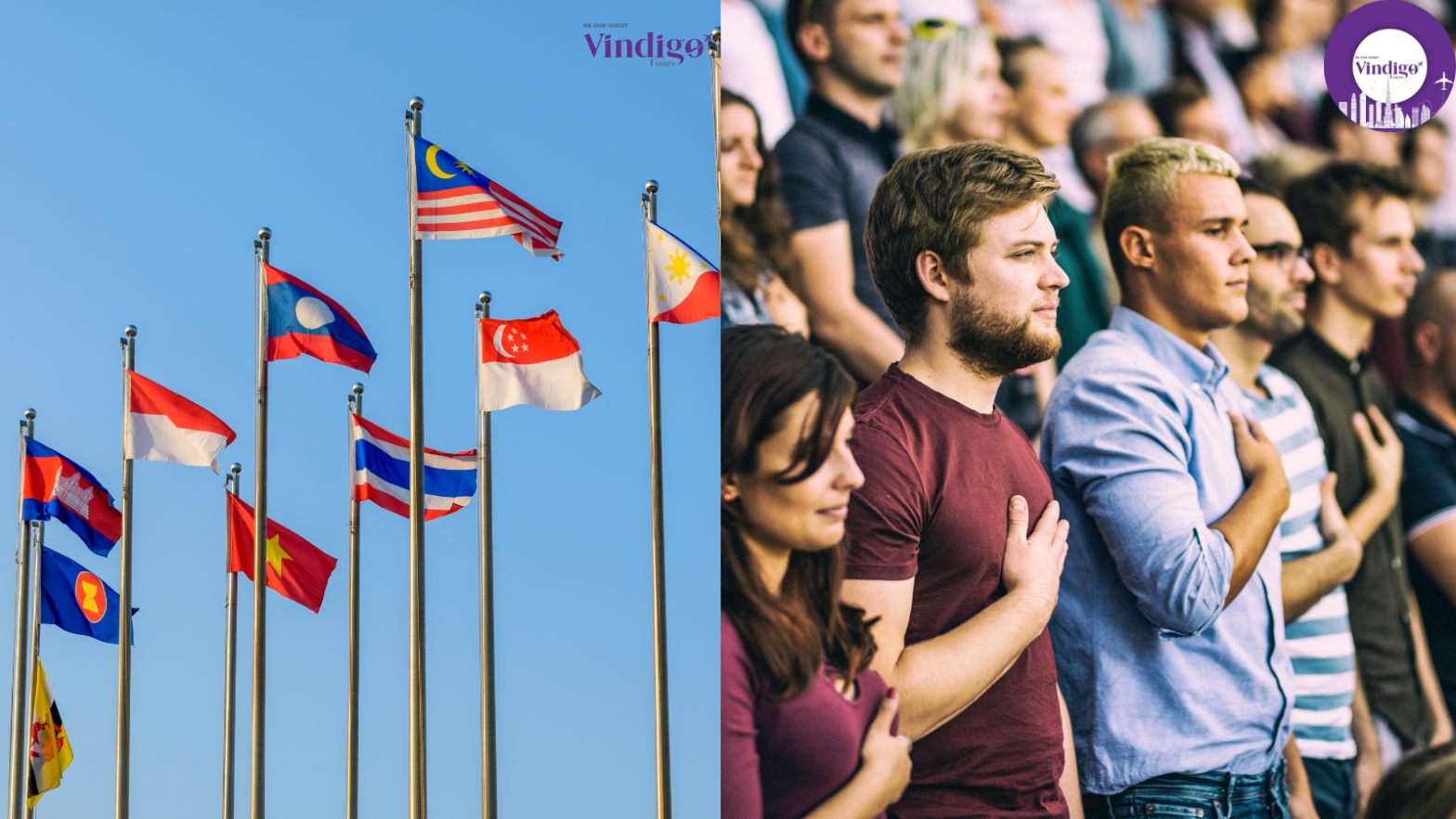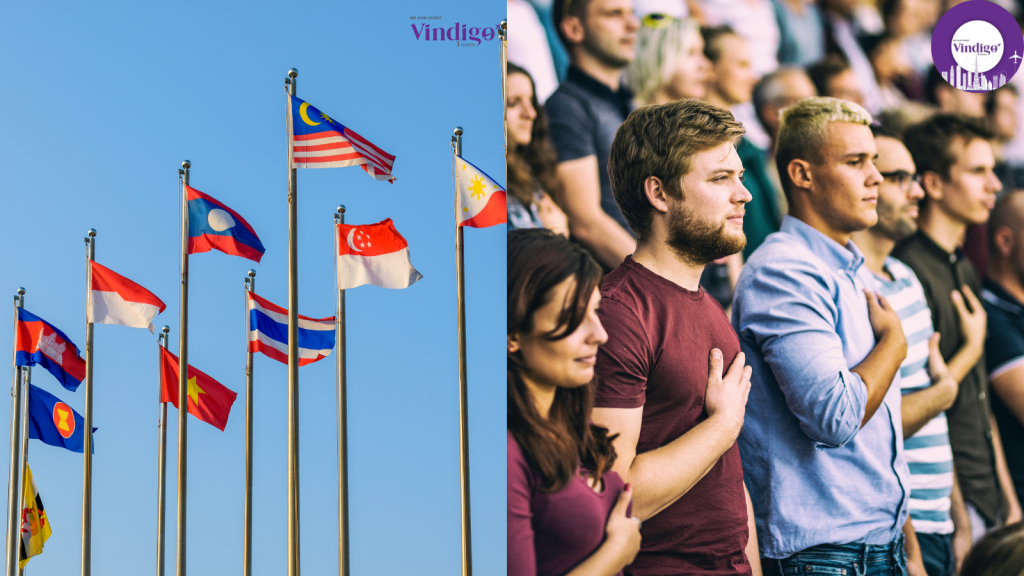
Dubai Visa on Arrival
Which Nationalities Qualify & How to Get It?
Dubai is one of the most popular travel destinations in the world, attracting millions of tourists every year with its futuristic skyline, luxury shopping, and vibrant culture. If you’re planning a trip to Dubai, one of the first things you need to check is whether you qualify for a visa on arrival (VoA) or if you need to apply in advance.
In this comprehensive guide, we’ll cover:
✅Which Passport Holders Can Get a Dubai Visa on Arrival?
✅ Required documents for visa on arrival
✅ Visa fees & duration of stay
✅ Extension options & overstaying penalties
✅ Transit visa vs. visa on arrival
✅ Common mistakes to avoid
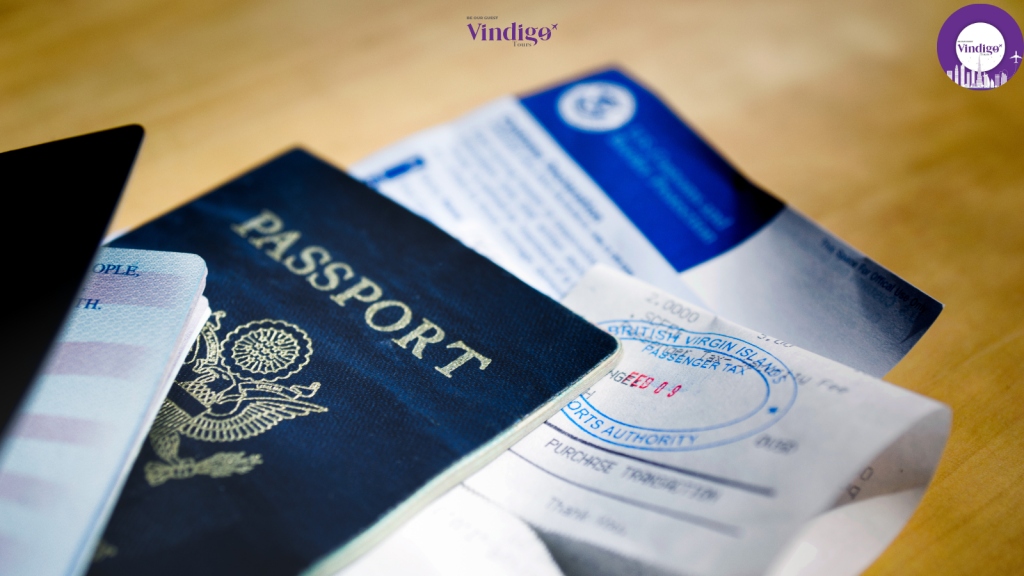
What is a Dubai Visa on Arrival?
A Dubai visa on arrival (VoA) allows eligible travelers to enter the UAE without applying for a visa beforehand. Instead, they receive their visa stamp upon landing at Dubai International Airport (DXB) or other UAE entry points.
This option is convenient for last-minute travelers and those who don’t want to go through the hassle of pre-approval. However, not all nationalities qualify—some must apply for an e-visa or visit visa in advance.
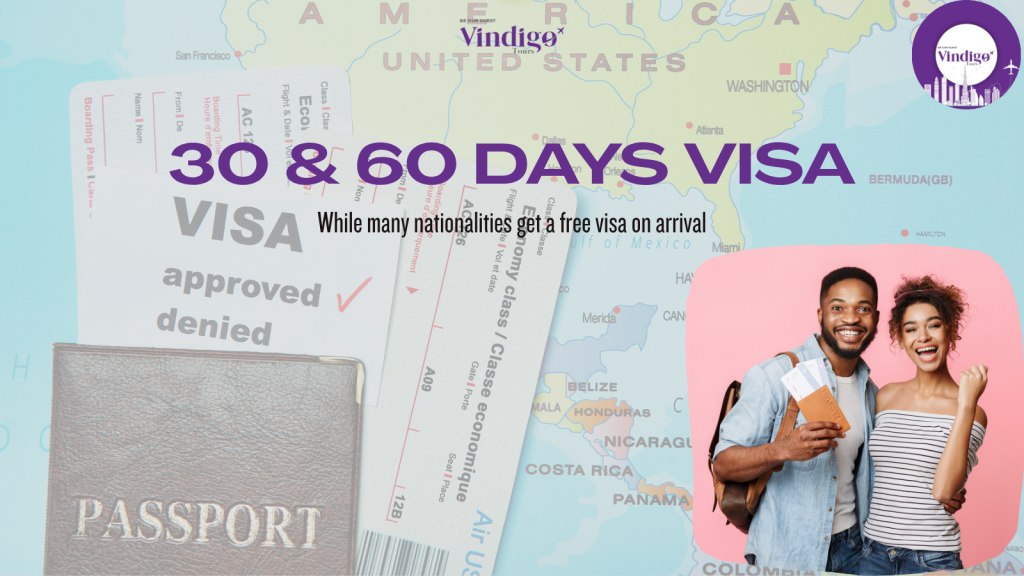
What is a Dubai Visa on Arrival?
The UAE government grants visa-free entry or visa on arrival to citizens of several countries. Your permitted length of stay in Dubai varies based on your passport.
A) 90-Day Visa on Arrival (Single or Multiple Entry)
Citizens of these countries receive a free 90-day visa upon arrival:
European Union countries (France, Germany, Italy, Spain, etc.)
United Kingdom
United States
Canada
Australia
New Zealand
Japan
South Korea
Singapore
Malaysia
Brunei
B) 30-Day Visa on Arrival (Extendable)
Travelers from these countries get a 30-day visa on arrival, which can be extended for an additional 30 days:
China
Russia
Ukraine
Mexico
Seychelles
Mauritius
C) GCC Residents (Special Conditions)
If you’re a resident of Saudi Arabia, Oman, Qatar, Kuwait, or Bahrain, you may be eligible for a 14 or 30-day visa on arrival, depending on your profession.
⚠️ Important Note: Visa policies can change, so always check the latest UAE immigration rules before traveling.
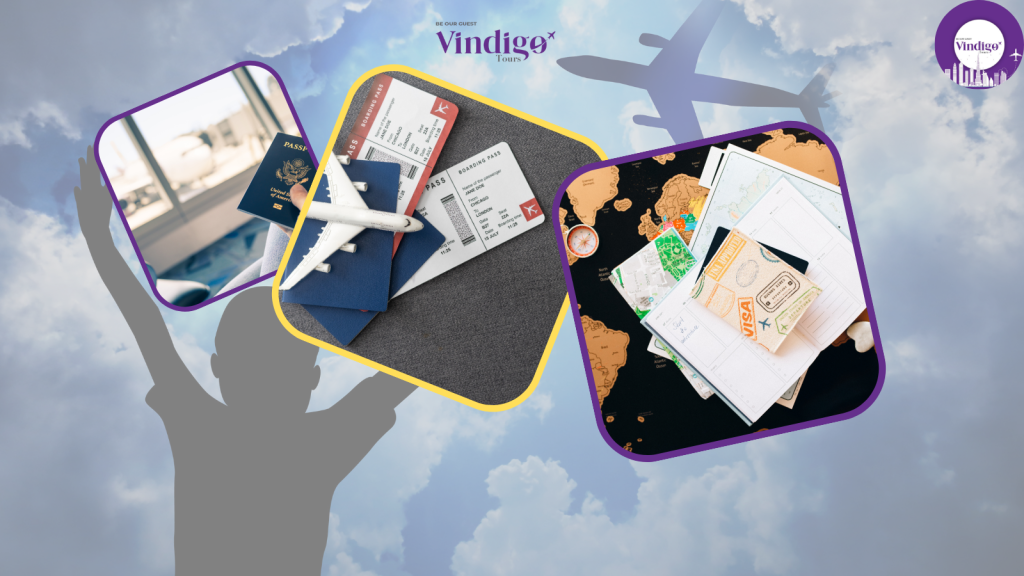
Required Documents for Dubai Visa on Arrival
Even if you qualify for a VoA, you must present the following at immigration:
✔ Passport (valid for at least 6 months)
✔ Return or onward flight ticket (proof of departure)
✔ A confirmed hotel booking with reservation details
✔ Travel insurance (sometimes required)
✔ Sufficient funds
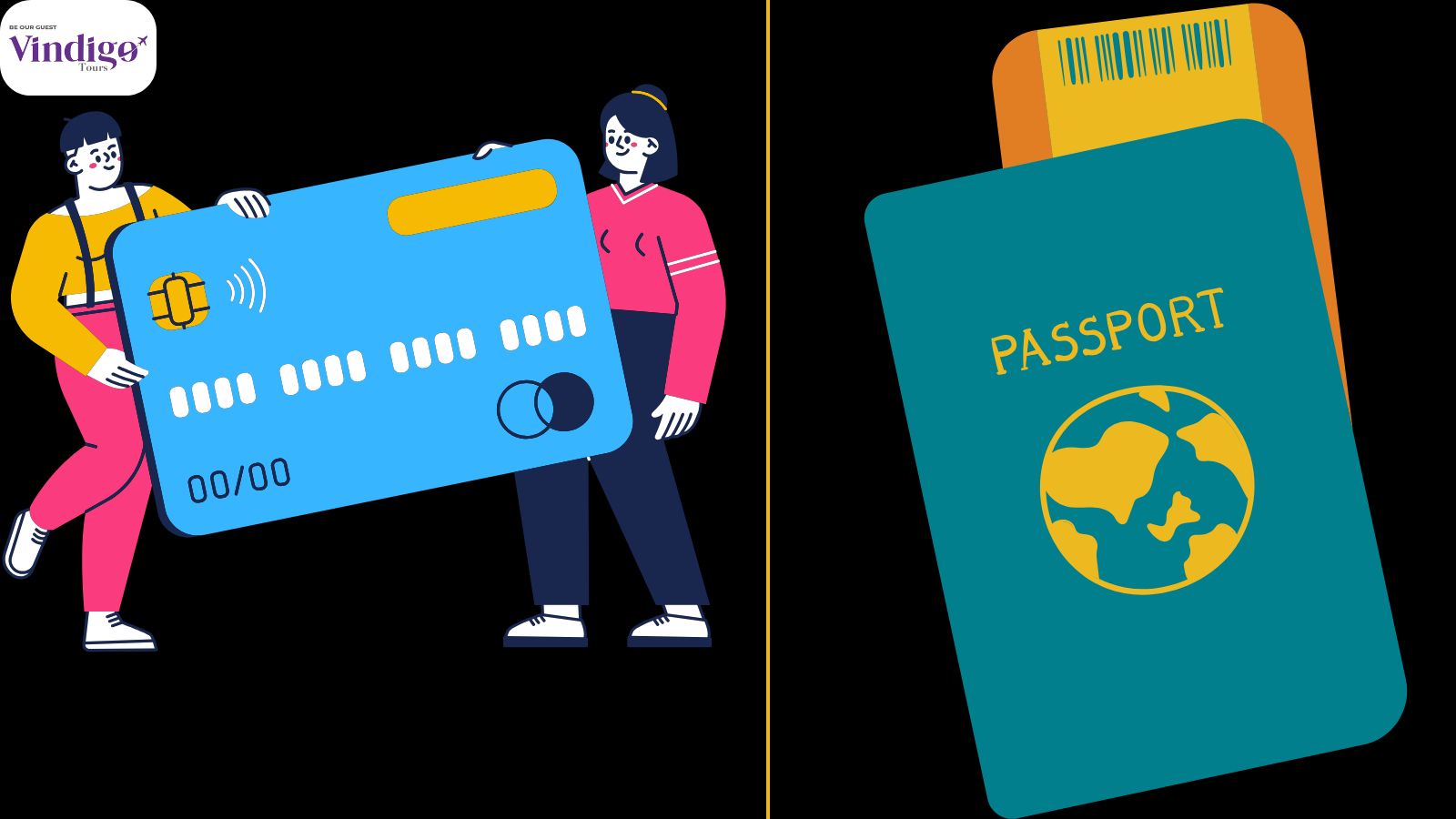
Dubai Visa on Arrival Fees
While many nationalities get a free visa on arrival, some must pay a fee:
Visa Type Duration Cost (Approx.)
30-Day VoA 30 days Free
90-Day VoA 90 days Free for eligible countries
Extension (30 days) Additional 30 days AED
💡 Pro Tip: If you’re unsure about fees, check with your airline or the General Directorate of Residency and Foreigners Affairs (GDRFA).
Yes! If you have a 30-day VoA, you can extend it for another 30 days (total 60 days). The process involves:
Applying online via the ICA or GDRFA portal
Paying the extension fee
Getting approval via email
⚠️ Overstaying Penalty: If you stay beyond your visa validity, you’ll be fined AED 50 per day (after a 10-day grace period).
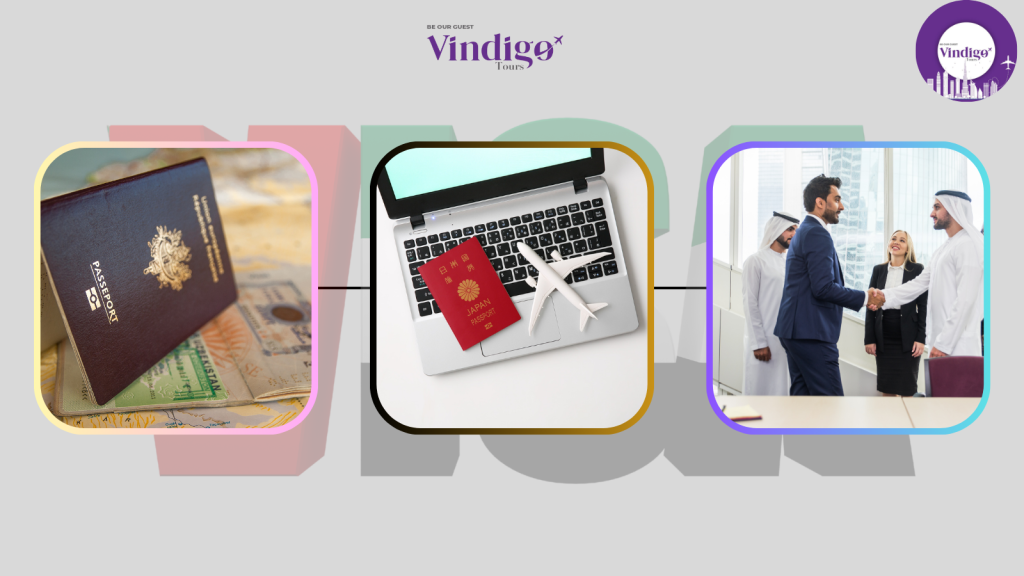
Transit Visa vs. Visa on Arrival: What’s the Difference?
Visa on Arrival (VoA) – For eligible nationalities staying for tourism.
Transit Visa – For passengers with long layovers (8–96 hours) who want to leave the airport.
If you’re not eligible for VoA, you can apply for a 96-hour transit visa through your airline.

Common Mistakes to Avoid
❌ Assuming all nationalities get VoA (always check eligibility).
❌ Failing to show sufficient funds or accommodation proof may lead to entry denial
❌ Overstaying without extending the visa (leads to fines).
❌ Ignoring passport validity (must have 6+ months left).

